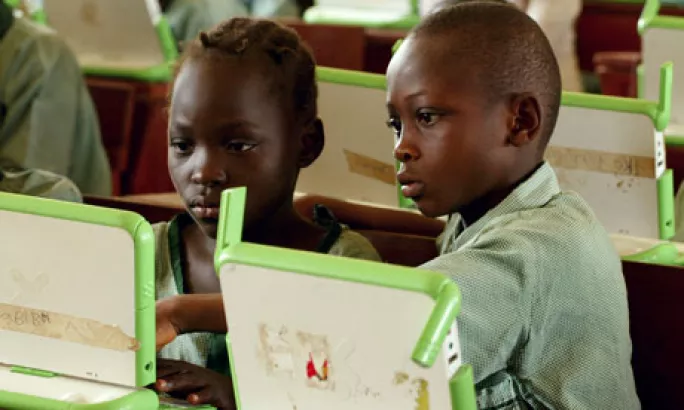Urgent action is needed to counteract a global “learning crisis” as millions of children leave primary unable to read or count, says a new report.
Although the numbers of children who are out of school have fallen by almost half since 1999, the rate of improvement has slowed. There are 57 million children still out of school, meaning the goal of universal primary education by 2015 will be missed, according to the Education for All (EFA) report, published by Unesco.
Access is not the only issue: the report estimates that of the world’s 650 million primary school age children, at least 250 million are not learning the basics in reading and mathematics.
Of these, 120 million have dropped out before age 9, but the remaining 130 million have completed at least four years of schooling and still fail.
Around $129 billion a year is being spent on education of such poor quality that children fail to learn, says the report.
Pauline Rose, the director of the EFA Global Monitoring report, said: “What’s the point in an education if children emerge after years in school without the skills they need?
“The huge numbers of illiterate children and young people mean it is crucial that equality in access and learning be placed at the heart of future education goals.”
The report reveals that not one of the six Education for All goals agreed by world governments in 2000 will be reached.
It adds: “To end the learning crisis, all countries, rich and poor, have to ensure that every child has access to a well-trained and motivated teacher.”
Unesco director-general Irina Bokova said: “Teachers have the future of this generation in their hands.
“We need 5.2 million teachers to be recruited by 2015, and we need to work harder to support them in providing children with their right to a universal, free and quality education.
“We must also make sure that there is an explicit commitment to equity in new global education goals set after 2015, with indicators tracking the progress of the marginalized so that no-one is left behind.”
Half the world’s out-of-school population lives in war zones. Earlier this month Gordon Brown, the UN Special Envoy for Global Education, spoke about plans to educate Syrian refugees by offering them lessons in existing Lebanese schools outside of normal school hours.
Mr Brown said that the creation of the Red Cross and, later, Médecins Sans Frontières has meant that the right to health care, even in conflict, has now become the norm.
“By fighting for the fundamental right to education for the children of Syria we can establish the principle that even in the most hopeless of situations, learning can continue,” he added.




